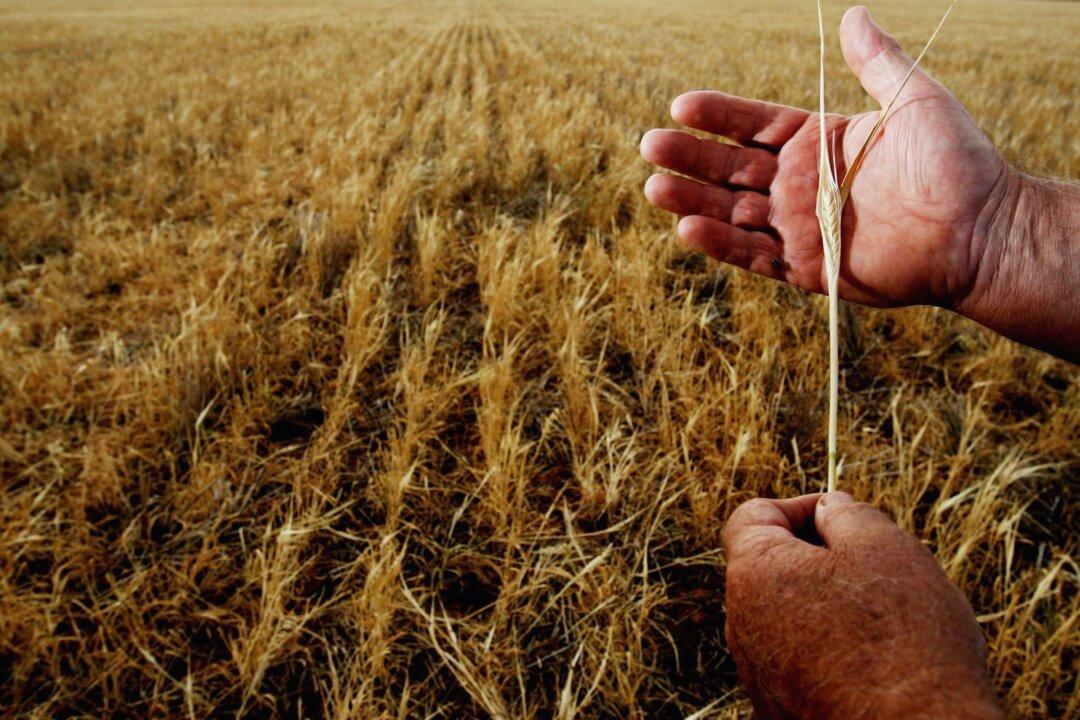The Chinese Communist Party (CCP) has lifted tariffs on Australian barley exports, citing changes to its “market situation.”
The move comes as Beijing stares down the barrel of food security issues given its heavy reliance on overseas exports for basics like grain and rice, and recent devastating floods.





